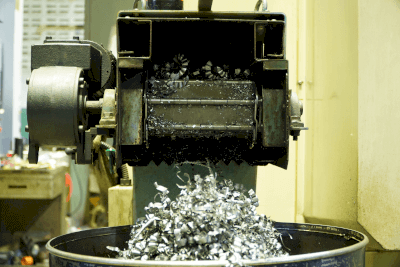What Is Acrylic Acid?

Acrylic acid is an unsaturated carboxylic acid, primarily obtained through propylene oxidation. It’s a clear, colorless liquid with a distinct odor, used in making water-absorbent polyacrylic acid and acrylic fiber.
Additionally, it’s utilized in producing dispersants and thickening agents, with its physical properties adjustable by altering the carbon count in its alkyl moiety. As a flammable liquid, it requires controlled polymerization inhibitors and oxygen levels due to potential runaway reactions. Handling acrylic acid necessitates protective gear due to its skin-irritating nature.
Acrylic Acid Manufacturing Process and Uses
Acrylic acid production involves oxidizing propylene to acrolein, then further to acrylic acid. Its applications include making superabsorbent polymers (SAPs) for disposable diapers and raw materials like methyl acrylate and butyl acrylate for acrylic fibers. It’s also a precursor for synthetic resins, dispersants, flocculants, and thickening agents.
Polymers Using Acrylic Acid as a Raw Material
Polymers derived from acrylic acid include polyacrylic acid, sodium polyacrylate, and cross-linked copolymers, widely used in superabsorbent polymers. Varying the copolymerized monomers with acrylic acid, like alkyl methacrylate, results in different polymers employed as thickeners in cosmetics and other products.
Acrylic Acid Safety and Regulations
Acrylic acid, a flammable liquid with a pungent odor, can undergo polymerization reactions. Safe handling involves controlling oxygen concentration and adding polymerization inhibitors. It’s classified as a deleterious substance, skin corrosive, and irritant, thus subject to risk assessment and careful management.